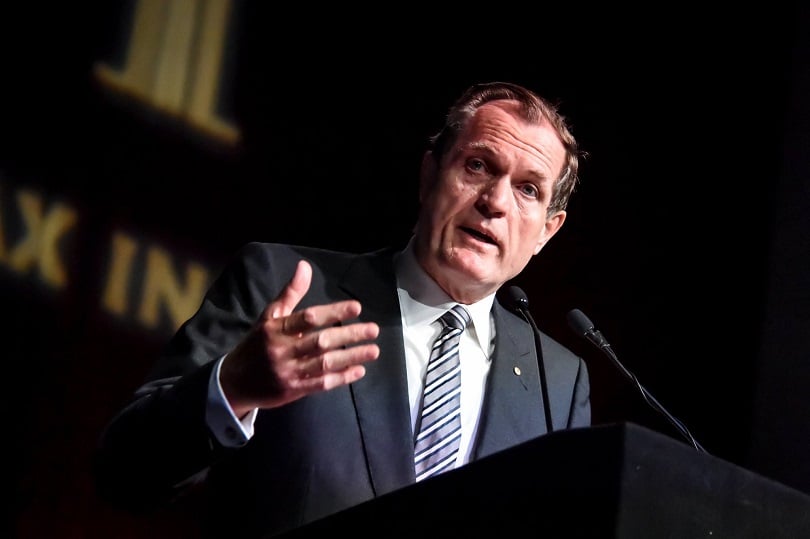This post is an excerpt from the paper 'Tackling the exercise of the Commissioner’s discretionary powers paper, this month's free technical paper for members.
In his paper, Michael Flynn, QC, CTA-Life, challenges the exercise of the Commissioner’s discretionary powers.
For taxpayers this topic is important if they find themselves in a dispute with the Commissioner.
Taxpayers who are not in dispute with the Commissioner also need to identify whether their liability depends upon the exercise of a Commissioner’s discretion, because they may be unable to determine their liability without first obtaining a ruling from the Commissioner about how he or she will exercise the particular discretion.
For example a commonly encountered discretion is the Commissioner’s power to “de-group” an entity that would otherwise be grouped for payroll tax purposes. Various State Revenue Offices have issued public rulings indicating in what circumstances they will exercise this power, but taxpayers who fall outside the scope of those rulings need to contact the relevant State Revenue Office to request that the discretion be exercised, otherwise they will be grouped.
For other discretions there may be no public rulings so taxpayers need to find out from the State Revenue Office whether the discretion will be exercised.
For revenue officials this topic is important, because they need to know whether or not they have a discretion and if they do, what boundaries govern the exercise of the discretion.
This paper begins by explaining how to identify whether a statute vests a discretion in the Commissioner. It also outlines a related type of provision that requires the Commissioner to be satisfied about a matter, or to form a particular opinion before exercising a function.
Next, it explains the consequences of the exercise of a discretion or the formation of, or failure to achieve, a particular opinion or state of satisfaction. In a majority of jurisdictions the courts have limited power to overturn the exercise of the Commissioner’s discretion or to review the attainment of an opinion or state of satisfaction.
Thirdly, the paper identifies for each jurisdiction whether a full merits review of the exercise of a discretion or the attainment of a state of satisfaction is available. Finally, it discusses developments in administrative law and pose the question whether those developments may impact the review of decisions by State Revenue authorities.
This paper was originally presented at 19th Annual States’ Taxation Conference.
Members, you can access your free paper here.
Not a member? Find out more about the benefits membership of The Tax Institute can deliver for your role.
Michael Flynn QC, CTA-Life, is a Barrister at Owen Dixon Chambers West, specialising in taxation, and was National President of The Tax Institute in 2014.
He is the author, with James Kessler, QC, of Drafting Trusts and Will Trusts in Australia (2nd edition, 2017). Michael has appeared in VCAT, State Supreme Courts and the High Court in State Revenue cases.
Michael has been a member of various committees of The Tax Institute for over 20 years, including the Victorian State Taxes Subcommittee.










